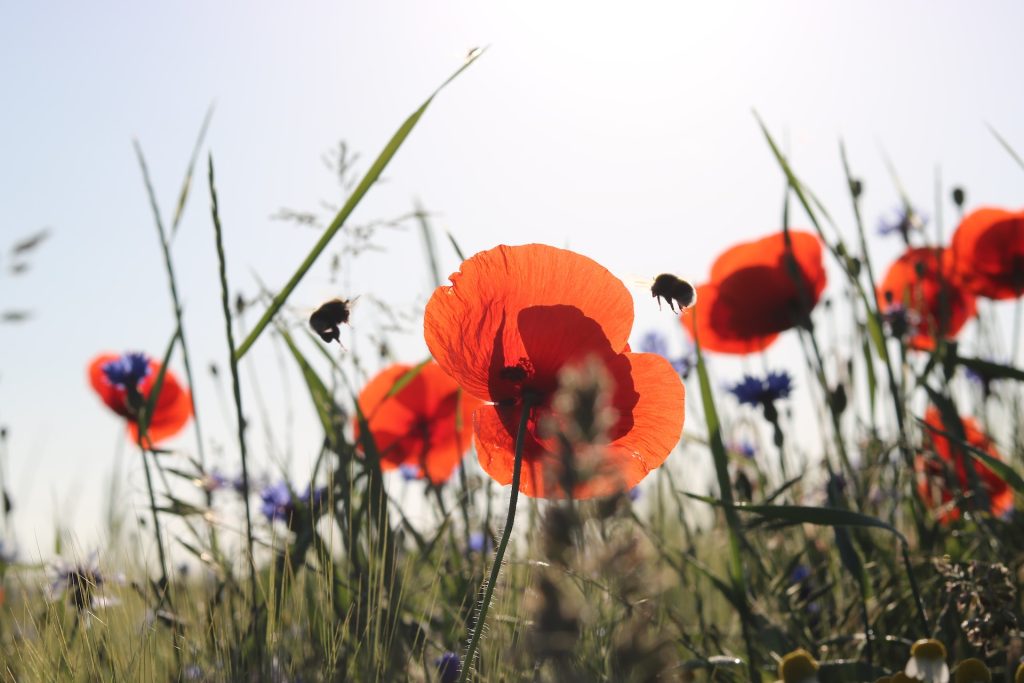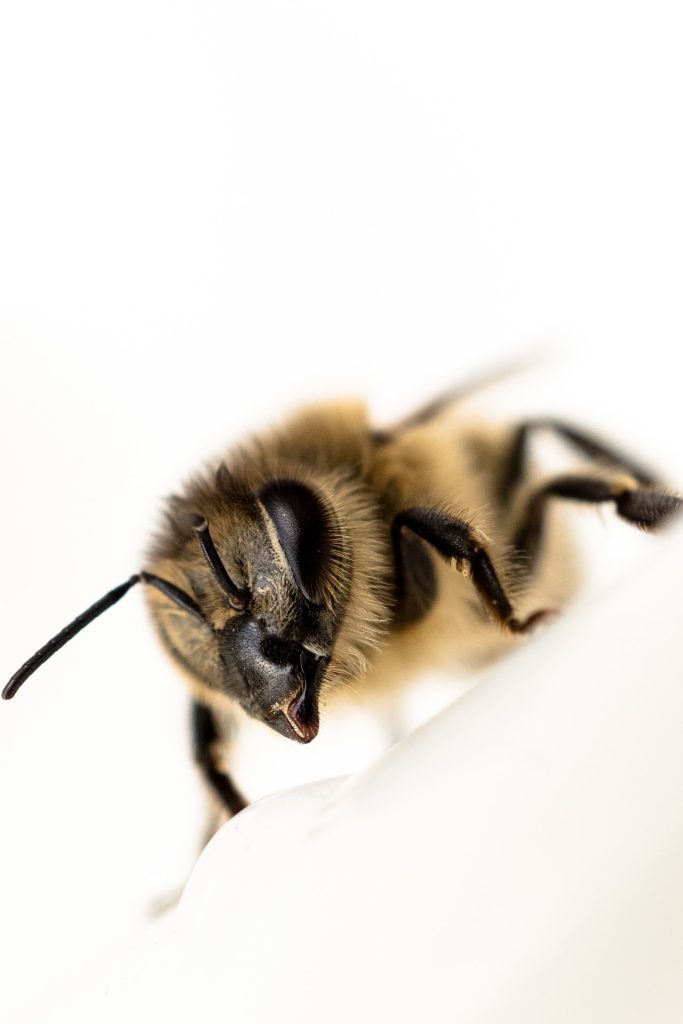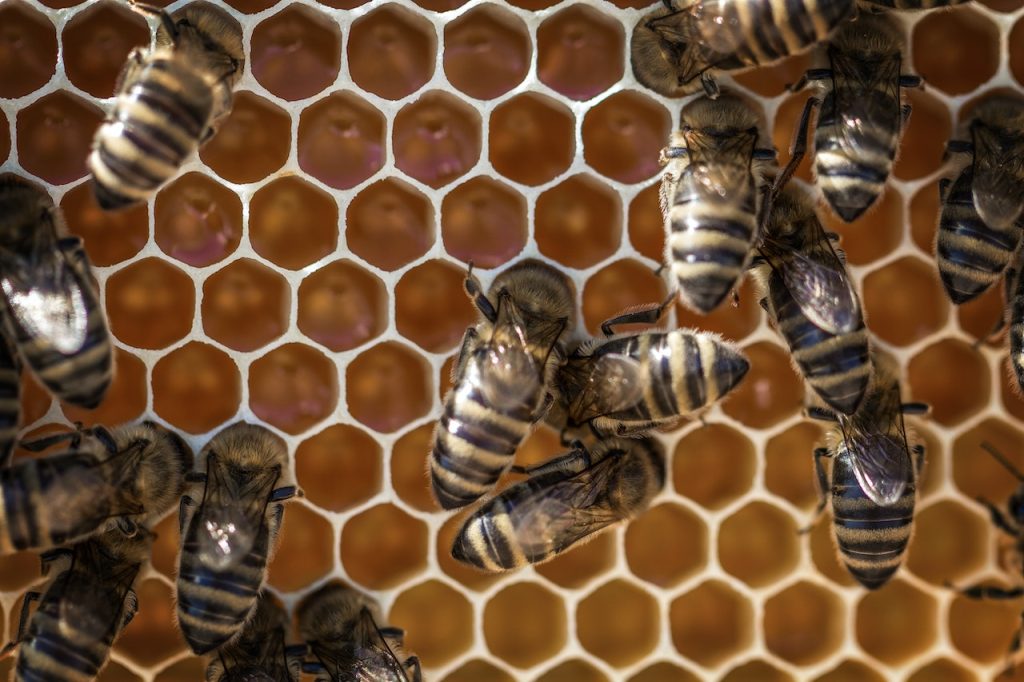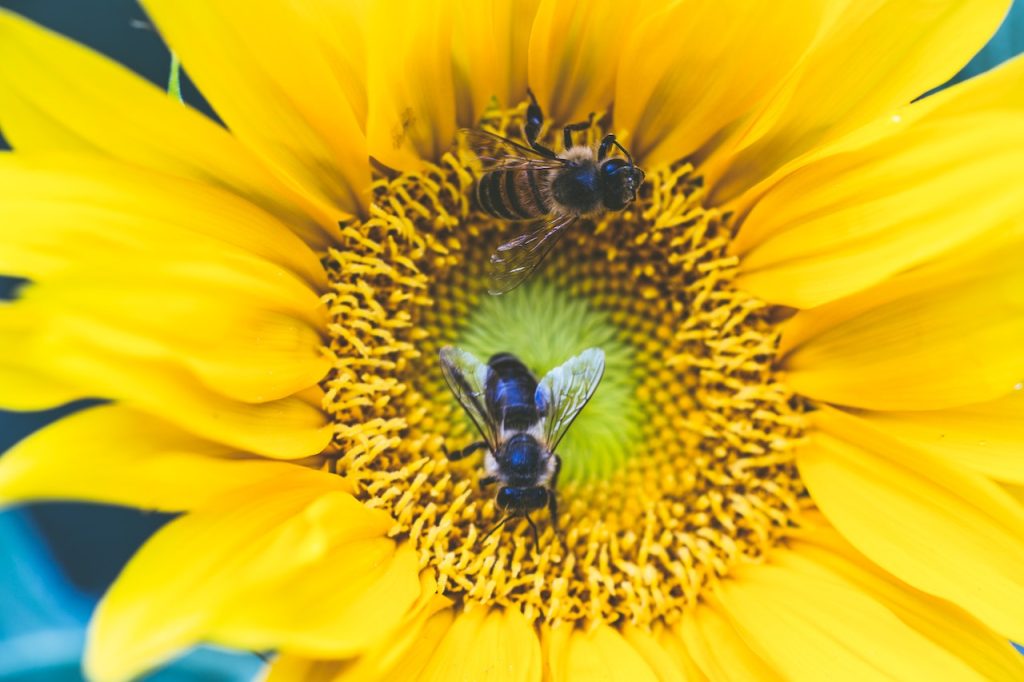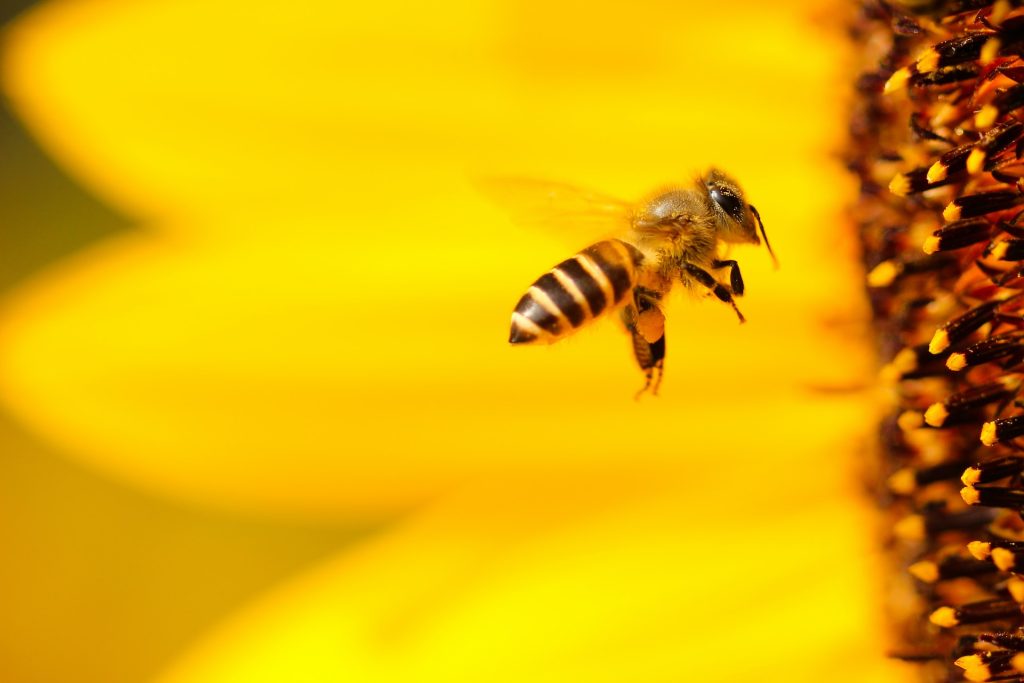Bees are often thought of as simple insects that buzz around in gardens, but they play a critical role in maintaining biodiversity and boosting crop yields. Without bees, many plants would not be able to reproduce, which would lead to a decline in biodiversity and a decrease in food production. Unfortunately, bees are facing numerous threats, including habitat loss, pesticides, and climate change. However, there are steps that we can take to protect bees and ensure that they thrive and flourish in the future.
The Importance of Bees in Maintaining Biodiversity
Bees are essential to maintaining biodiversity because they are responsible for pollinating many plants. When bees visit flowers to gather nectar and pollen, they transfer pollen from the male part of the flower to the female part, which allows the plant to produce seeds. Without bees, many plants would not be able to reproduce, which would lead to a decline in plant populations and a decrease in biodiversity. Bees also pollinate wildflowers, which provide habitat for other wildlife and help to maintain ecosystem balance.
How Bees Pollinate and Boost Crop Yields
Bees are crucial for crop production because they pollinate many of the plants that we rely on for food. Bees pollinate fruits, vegetables, nuts, and seeds, which comprise a significant portion of our diet. Without bees, crop yields would be lower, leading to food shortages and higher food prices. In addition, crops that are pollinated by bees tend to be larger, more uniform, and higher quality than those that are not pollinated.
The Threats Facing Bees and What We Can Do
Bees are facing numerous threats, including habitat loss, pesticides, and climate change. Habitat loss is a particular problem for wild bees, which rely on undisturbed areas for nesting and foraging. Pesticides, such as neonicotinoids, can harm bees by impairing their ability to navigate and forage. Climate change can also affect bees by altering the timing of flowering, which can lead to mismatches between the time when bees are active and the time when flowers are available.
To protect bees, we can take several steps. We can plant pollinator-friendly plants in our gardens and on our balconies to provide food and habitat for bees. We can also reduce our use of pesticides and choose organic or bee-friendly products instead. Finally, we can support policies and practices that protect bees, such as measures to reduce habitat loss and to regulate the use of pesticides.
Inspiring a Future Where Bees Thrive and Flourish
Despite the challenges that bees face, there is hope for the future. There are many initiatives underway to protect bees and promote their conservation. For example, some cities have launched programs to create bee-friendly habitats in urban areas, and some farmers are adopting practices that promote pollinator health. In addition, scientists are studying ways to enhance bee health, such as developing new treatments for diseases and parasites that affect bees.
By working together, we can create a future where bees thrive and flourish. We can all do our part by taking steps to protect bees and by raising awareness about the importance of bees for our ecosystem and our food supply. By doing so, we can help to ensure that future generations can enjoy the benefits of a healthy and diverse bee population.
Bees play a critical role in maintaining biodiversity and boosting crop yields. However, they are facing numerous threats, including habitat loss, pesticides, and climate change. By taking steps to protect bees and promote their conservation, we can create a future where bees thrive and flourish. Let’s work together to ensure that future generations can enjoy the benefits of a healthy and diverse bee population.

